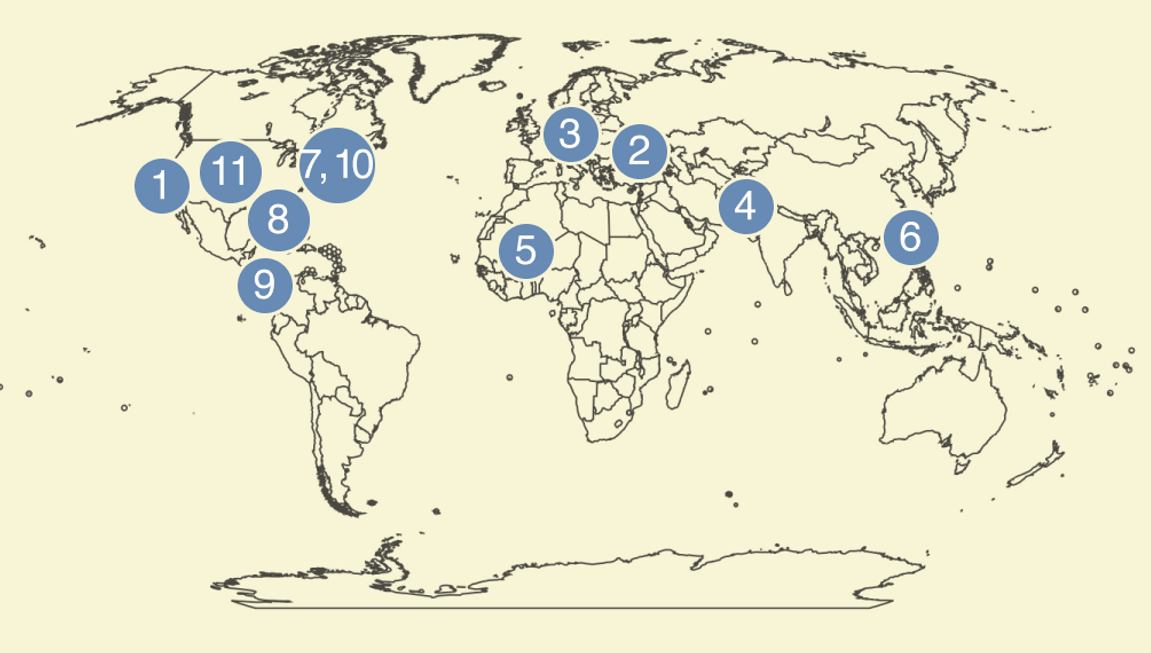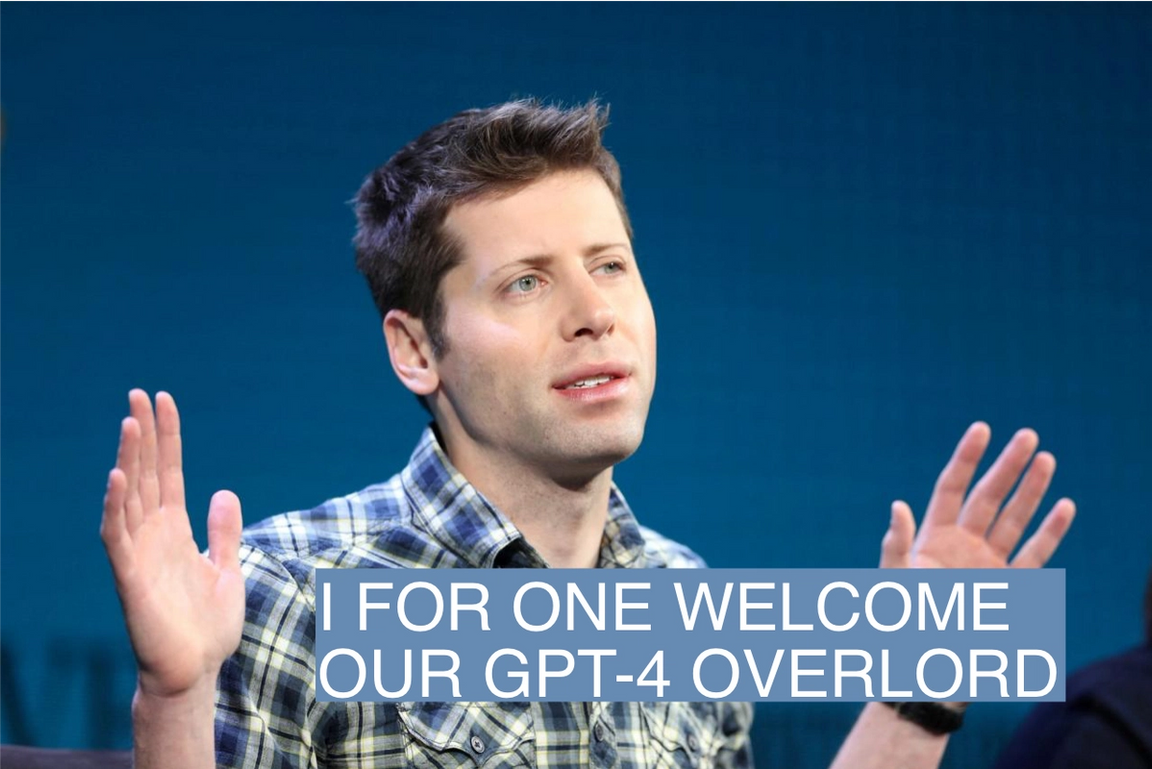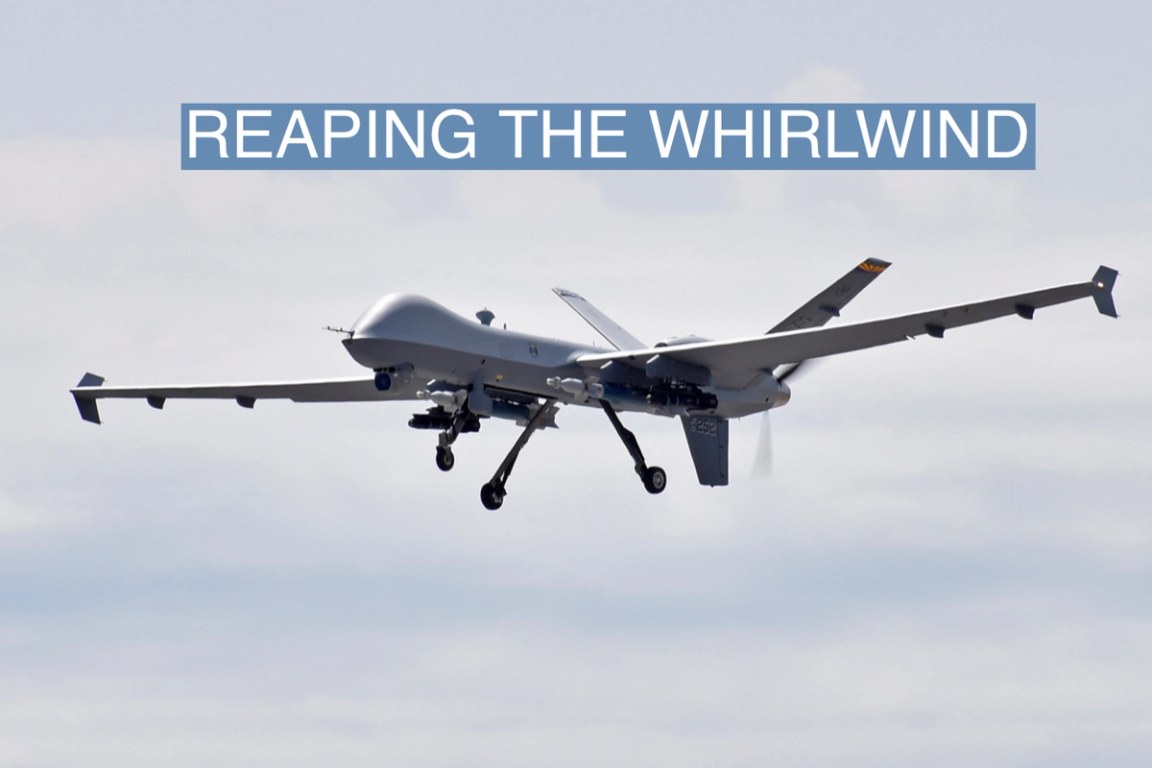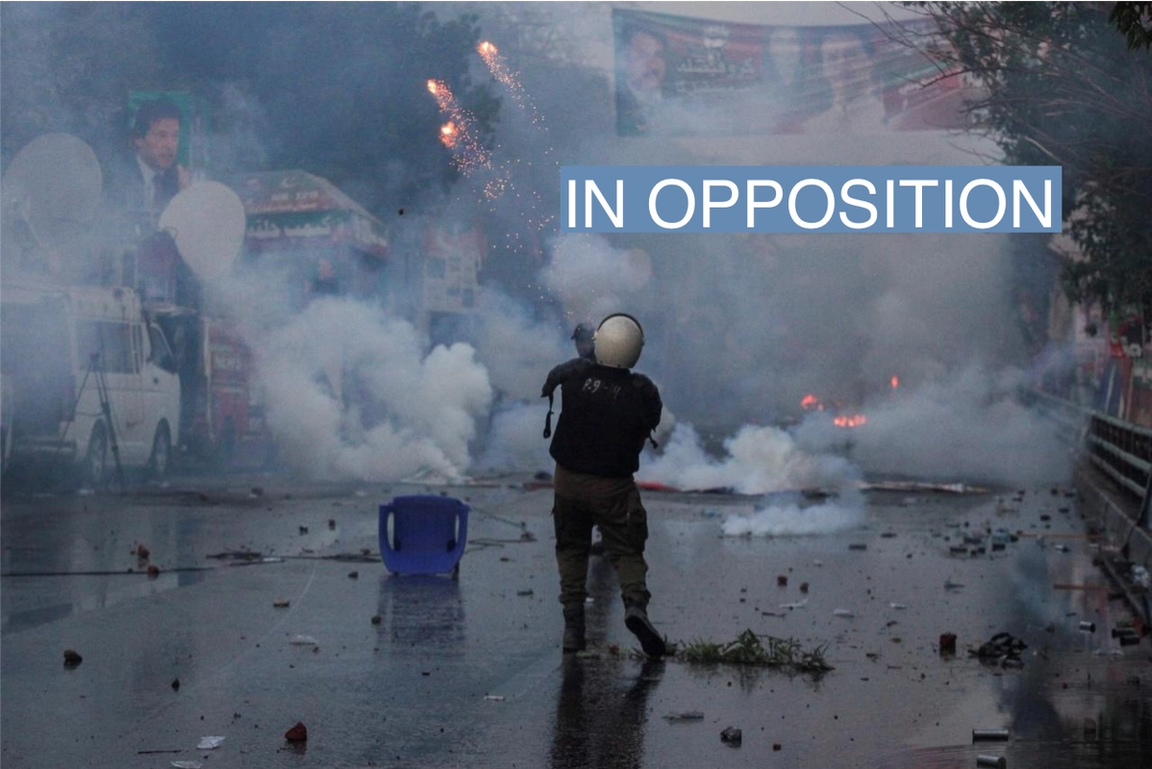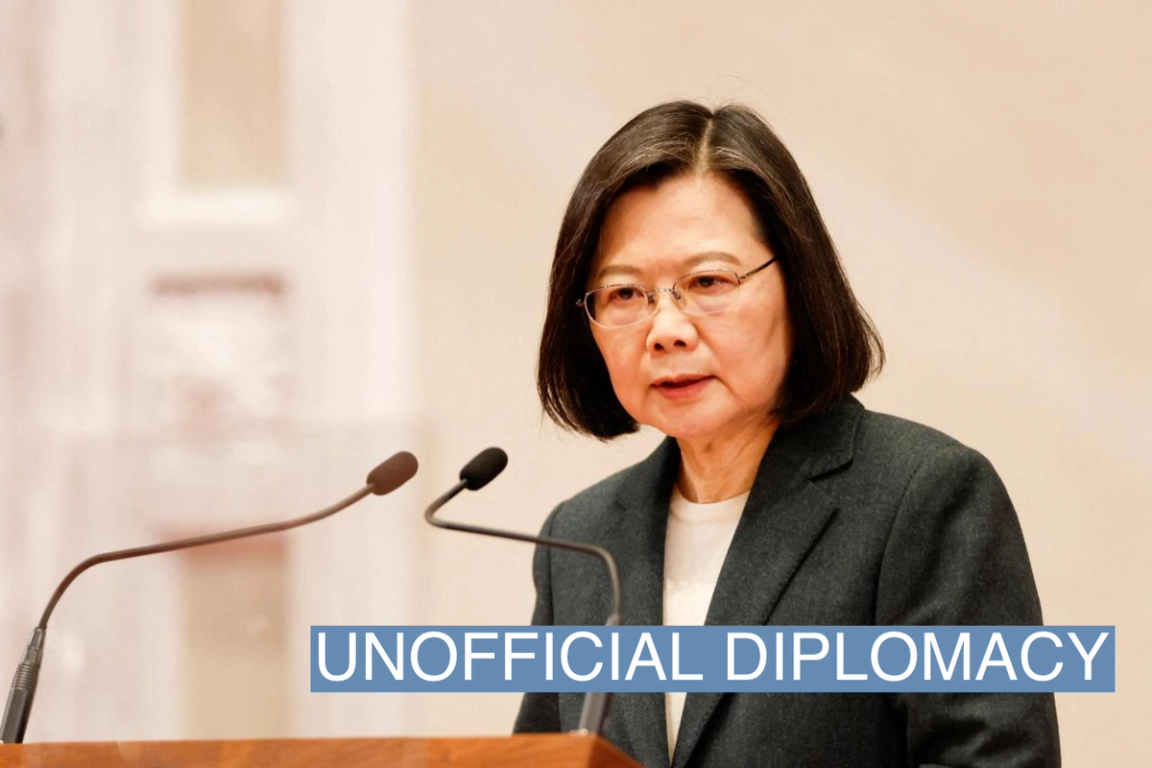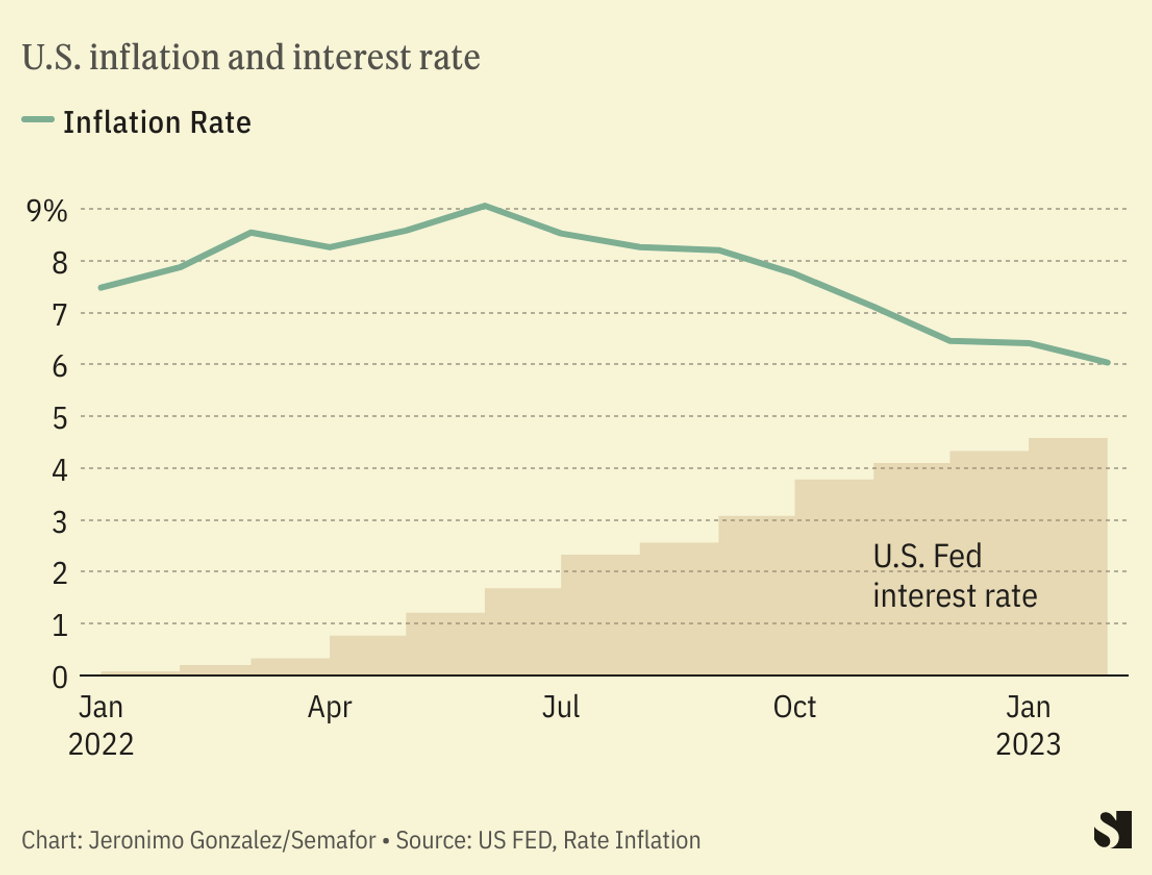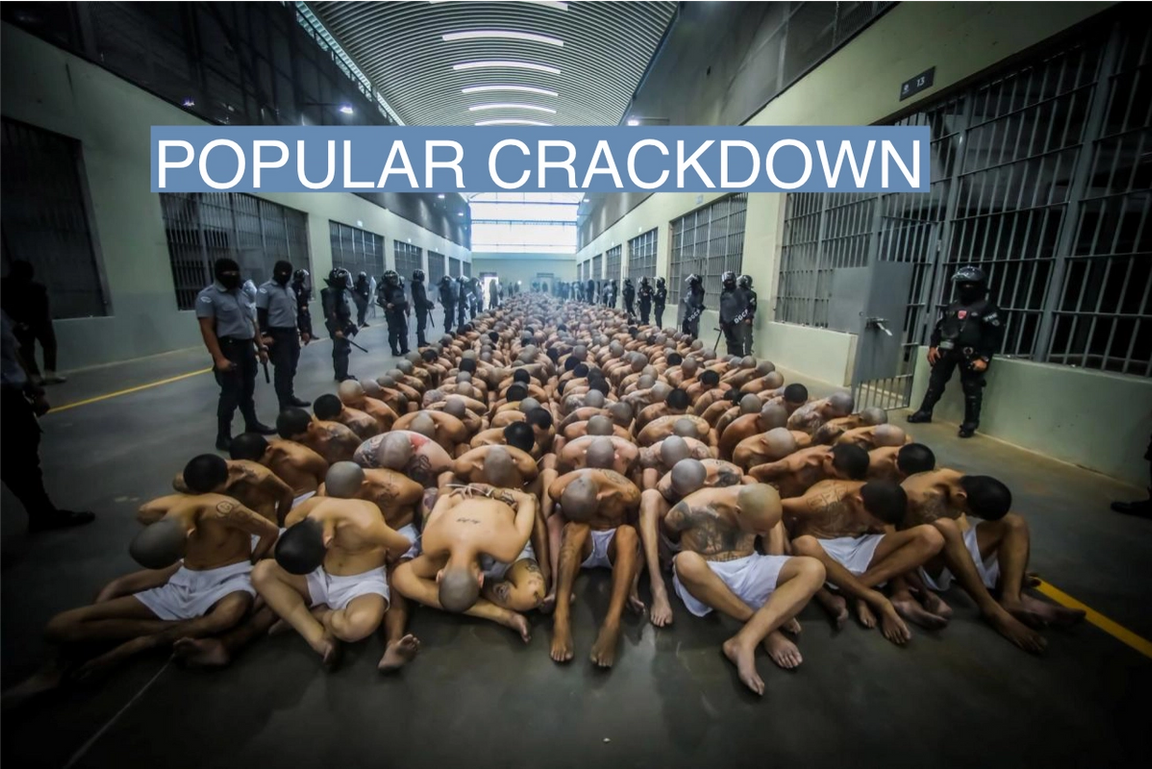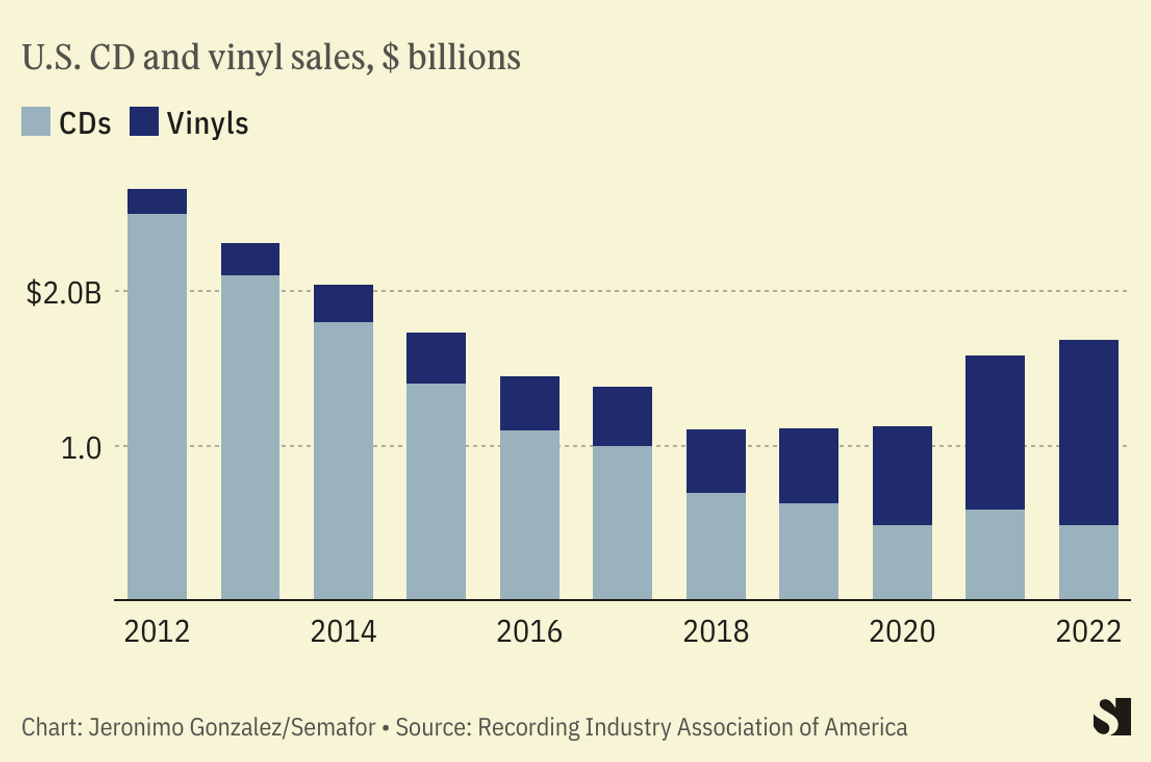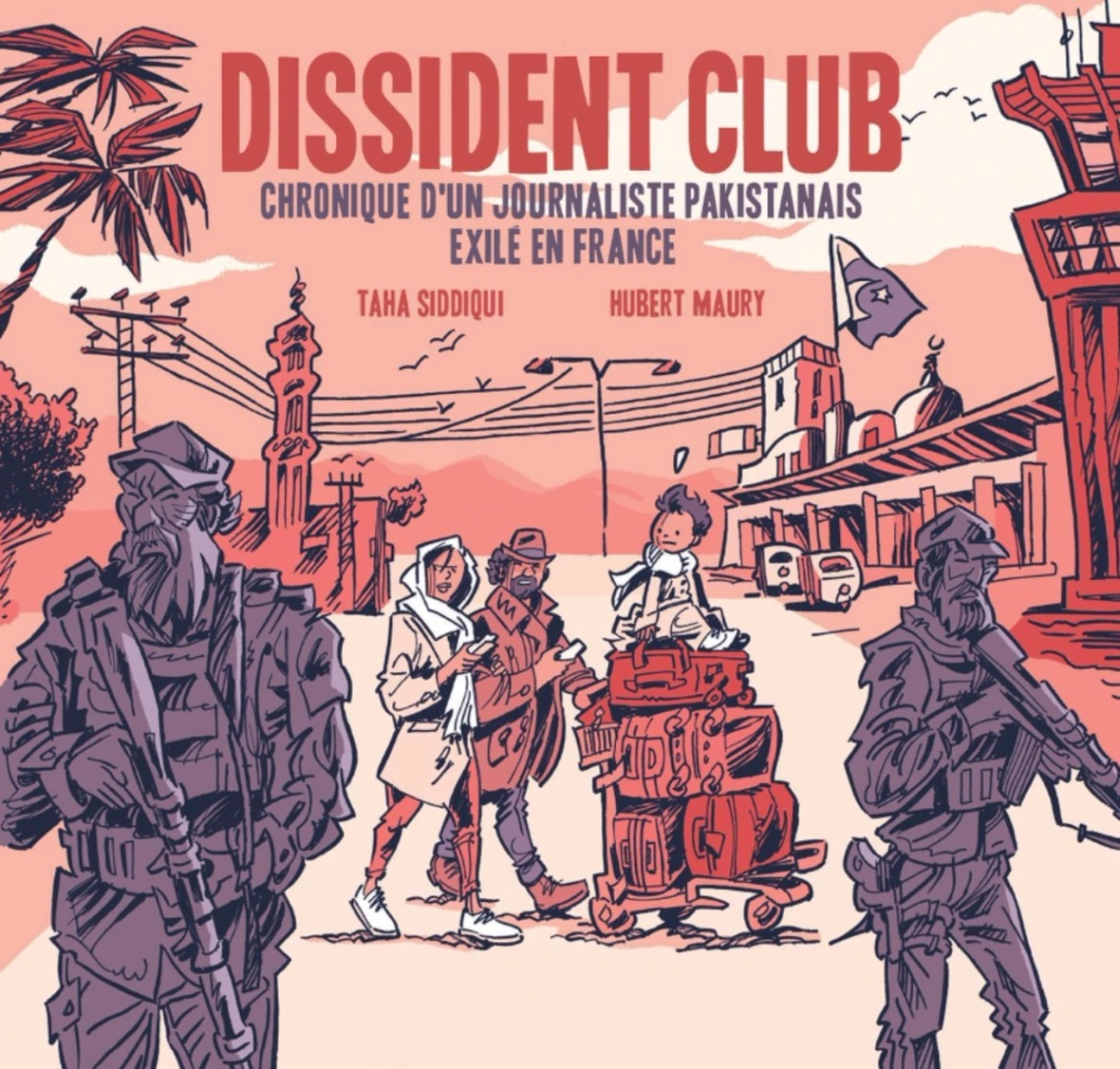 Jeffrey Wasserstrom is a historian of modern China. His latest book is Vigil: Hong Kong on the Brink. Hong Kong used to be associated with noise. In recent years, in ways first poignant and then simply sad, I have come to associate it with silence. First the moving moment of silence at the annual June 4 vigil, then after the National Security Law was imposed, silent protests by those holding blank sheets of paper (a technique that later resurfaced on the mainland), and later still, the silencing of voices via imprisonment and intense pressure, and finally, the relative silence of the international press about ongoing repression. Of course, a major hub like Hong Kong is never characterized only by silence. In 2016, the singer Denise Ho held a community concert after a sponsor-backed one was canceled under pressure from Beijing over her outspoken support for democracy. There were even moments after the banning of the protest anthem “Glory to Hong Kong” when people daringly sang it in public. Still, I can’t help but notice how many once-vibrant discussions have been silenced, including ones on social media: Those who were once actively posting from Hong Kong have stopped engaging in political commentary, unsure what will make them vulnerable. Even when people there still make noise, it is as if they had stayed silent. The world’s attention has moved on. Beijing’s strategy of slowly strangling Hong Kong’s civil society, avoiding the kind of iconic images of blood on the streets that not only gets but sustains headlines, has been effective. | 

